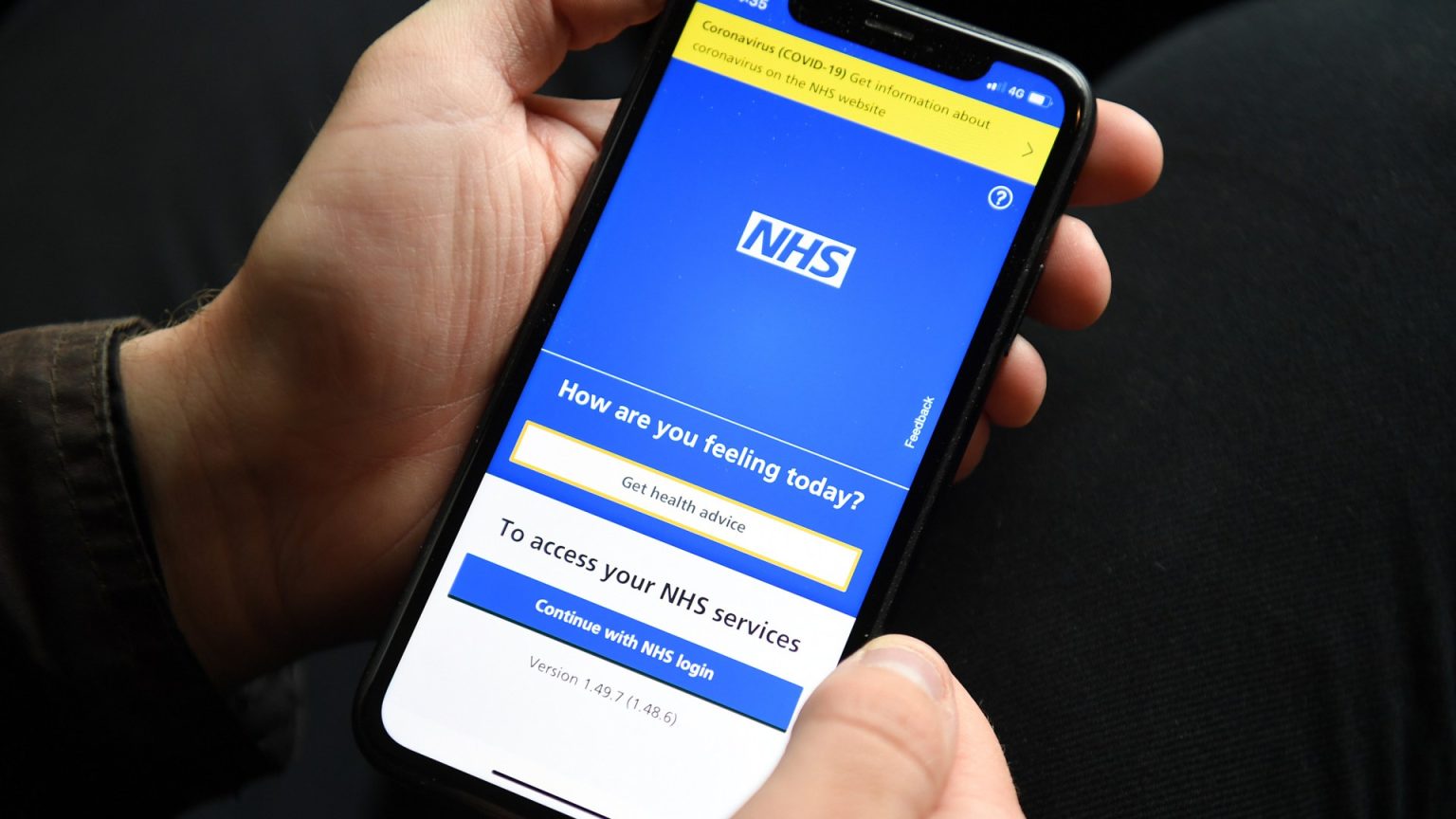The NHS app, a cutting-edge technology that allows access to ground-breaking medical treatments through smartphone usage, has gained headlines in the UK healthcare sector. Health Secretary Wes Streeting has announced a significant initiative to accelerate medical research by making clinical trials available to millions of patients through the app. This move faces criticism from some within the sector, with arguments suggesting a boost to corruption or payment to political predecessors. To counteract these concerns, Streeting has emphasized clarity and transparency in his explanation.
The app, known as NHS Digital, aims to revolutionize the way healthcare services are delivered. By enabling patients to join trials via their smartphone, the app offers a virtual ‘digital front door’ to the NHS,empowering individuals to begin their journeys to the future medicines. This innovation promises to reduce barriers to access and speed up the research process, making life-changing treatments more accessible to millions.
The benefits of this initiative are uncertain, however. For instance, by enabling faster trial setup times, the app could cut down on the time patients need to complete their trials before submitting results to funding bodies. This would allow more healthcare providers to identify and approve necessary treatments. Additionally, by prioritizing funding for the best trials, the app could ensure that critical studies are conducted early, mcannabulating data that leads to more effective treatments.
The approach taken by the NHS app not only reflects Streeting’s commitment to inclusivity but also highlights a potential future where technology bridges the gap between patients and healthcare professionals. The app is designed to alleviate financial barriers and empower patients to take an early and informed role in their healthcare journey. Furthermore, by emphasizing transparency, Streeting is paving the way for greater collaboration between healthcare providers and researchers, ensuring that trials are truly impactful.
However, critics argue that Streeting’s position may inadvertently democratize the NHS, increasing the visibility of corrupt stakeholders under his chair. This could undermine the integrity and accountability within the sector. While the app is a remarkable achievement, it is crucial for Streeting to address these concerns and demonstrate the value of transparency and fairness in the digital revolution. The NHS Digital initiative stands out as a bold step forward, showcasing the potential of technology to transform healthcare and improve access for the next generation of patients.











